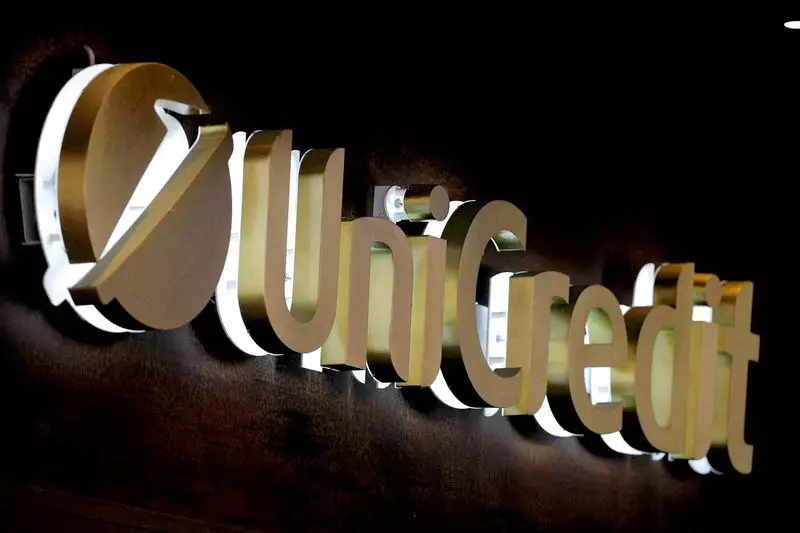UniCredit, the Italian banking giant, finds itself caught in a challenging legal quagmire as it awaits a critical decision from the courts regarding its operations in Russia. The European Central Bank (ECB) issued directives in April, demanding that UniCredit downsize its Russian business, a move that has stirred considerable tension between the bank and the ECB. With months having passed since the objection was filed, pressures are mounting on UniCredit to demonstrate compliance with the ECB’s mandates, deadlines that have already come and gone.
UniCredit’s predicament highlights a precarious balancing act. On one hand, the ECB is keen on ensuring that its directives enhance financial stability, while on the other hand, UniCredit argues that the orders could infringe upon Russian laws. This conundrum not only affects the bank’s operations but also raises questions about the viability of Western banking institutions operating in regions characterized by political volatility.
The ECB’s orders specifically involve stringent restrictions—prohibiting UniCredit from granting new loans or rolling over existing ones, alongside a ban on new term deposits. Additionally, the bank faces limitations on payment transactions with its Russian clientele in specific foreign currencies. These moves are interpreted as part of a broader effort by the ECB to minimize risk exposure in volatile markets, reinforcing its regulatory role across the European banking sector.
However, the legal challenges that UniCredit faces could significantly hinder its business objectives. In an intricate presentation to investors, the bank articulated its commitment to reducing cross-border payments and local deposits in Russia by 2025. It aims to bring cross-border payments down to €8.5 billion (approximately $9.3 billion) and local deposits to below €2 billion. These targets are not only ambitious; they may also be deemed insufficient from the ECB’s perspective, particularly in light of the ongoing court proceedings.
If the courts side with the ECB, the repercussions for UniCredit could be profound. The interruption of its Russian business operations could destabilize its standing in the European market while also challenging its financial health. The historical relationship between UniCredit and its Russian ventures goes back to the establishment of the International Moscow Bank, which has evolved into a significant player in the Russian banking landscape.
The stakes are further raised by UniCredit’s aspirations for expansion within Europe, particularly its interest in enhancing its stake in Germany’s Commerzbank. The ECB’s assessment is comprehensive; it evaluates the financial integrity of any acquiring entity and considers ongoing litigations, including the current dispute between UniCredit and the ECB. Should the court resolution favor the ECB, it could complicate UniCredit’s efforts to navigate mergers and acquisitions, casting a shadow over its plans for growth in the competitive landscape of European banking.
In light of this legal strife, UniCredit must not only prepare for the court’s decision but also reevaluate its broader strategic positioning. The bank has publicly asserted its commitment to reducing its Russian footprint, yet the regulatory hurdles represent a challenging backdrop against which to achieve its goals. It must tread carefully, asserting its compliance and adaptability while also safeguarding its operational viability in Russia and Europe.
Moreover, as geopolitical tensions continue to shape the international banking environment, UniCredit’s ability to navigate these complexities will be scrutinized intensely by investors and regulators alike. The situation serves as a cautionary tale for other banks operating in similarly fraught markets: the intersection of regulation, law, and market operations is increasingly where risk management must be prioritized.
The unfolding saga of UniCredit is emblematic of the broader dynamics facing European banks today. With the ECB exerting its influence to ensure compliance and mitigate risks, UniCredit’s future hinges not just on legal outcomes, but on its ability to strategically maneuver through an era defined by both regulatory scrutiny and geopolitical uncertainties. The coming months will be critical, both for the bank and for the broader financial landscape.

